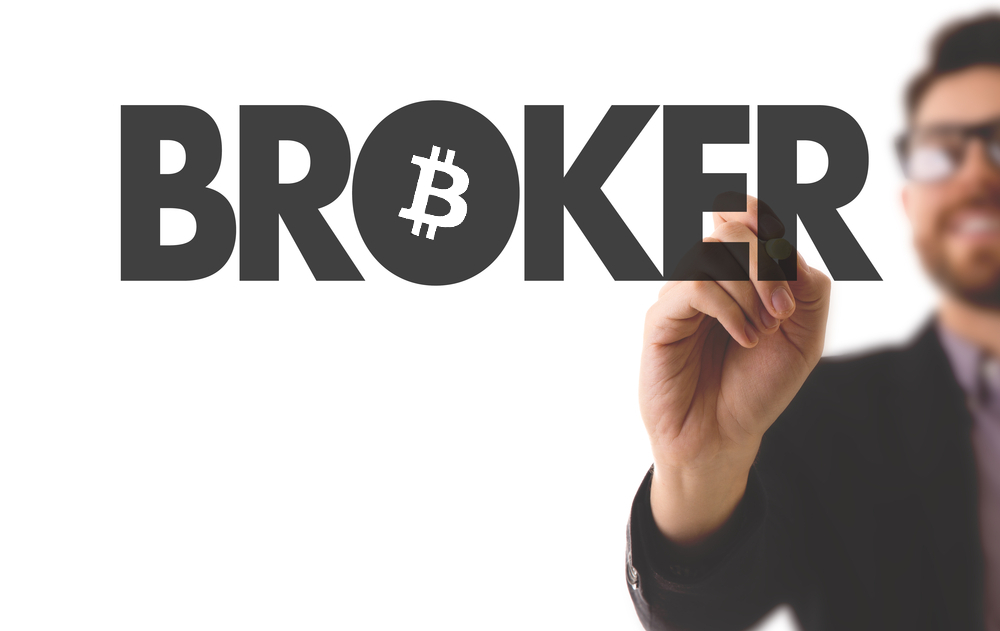One of the more interesting developments in the world of Bitcoin is how not everyone uses a regular exchange to buy cryptocurrency. The so-called Bitcoin brokers have gained a lot of popularity over the past few years. Some of these platforms also support alternative currencies, tokens, and digital assets. However, it seems there is still some confusion as to how a Bitcoin broker operates exactly.
The Inner Workings of a Bitcoin Broker
When it comes to buying Bitcoin and other cryptocurrencies, many people automatically sign up for an exchange. That is only normal, as these platforms are the “gatekeepers” to convert between fiat currency and Bitcoin. Exchanges serve customers all over the world, and often support multiple fiat currencies. The most common exchanges include Coinbase, Kraken, and Bithumb.
Now that nearly every country has its own Bitcoin and cryptocurrency exchange, one wonders why Bitcoin brokers even exist. There is a very good reason why they are around since they provide more convenient access to Bitcoin and other cryptocurrencies. While they are less popular than exchanges as of right now, one should never discount a Bitcoin broker by any means. Such services can be quite invaluable.
Bitcoin brokers are often referred to as OTC trading services, since they offer the exact same type of functionality. Trading Bitcoin and other cryptocurrencies over the counter provides quite a few advantages. This is especially true for novice users looking to enter the world of Bitcoin. Signing up for an exchange and going through the verification process is a cumbersome endeavor, and can often take days, if not weeks to complete. Such delays often result in users not purchasing cryptocurrency in the end, as the process takes too long.
The biggest advantage a Bitcoin broker provides is how prices are less subject to price volatility. When using an exchange, users have to wait for other people to match their buy or sell orders. A Bitcoin broker, on the other hand, will sell or buy Bitcoin at a fixed price, without any arguments. While there is a premium to take into account for broker trades – often between 5% and 10% – it is a more convenient solution for people looking to buy small amounts of Bitcoin.
At the same time, using a bitcoin broker can be subject to some minor issues as well. During times of extremely high demand, it is possible brokers run out of Bitcoins to fulfill orders. This has happened to some Dutch companies not that long ago. While this is positive news for Bitcoin in general, the lack of currency to fulfill orders can be quite problematic for novice users who are not familiar with the concept of liquidity.
In the end, people who look to buy Bitcoin quickly and in a convenient manner are often better off using a broker compared to an exchange. Brokers often support additional payment methods, including credit and debit cards. For the average person on the street, that service is far superior compared to using exchanges. Bitcoin brokers certainly have their place in the ecosystem, and they will only become more popular as time progresses. A great place to find Bitcoin brokers is Localbitcoins, you can find people who will exchange Bitcoin’s to cash locally in your area and can even check each one’s reputation according to their trades.
If you liked this article, follow us on Twitter @themerklenews and make sure to subscribe to our newsletter to receive the latest bitcoin, cryptocurrency, and technology news.

